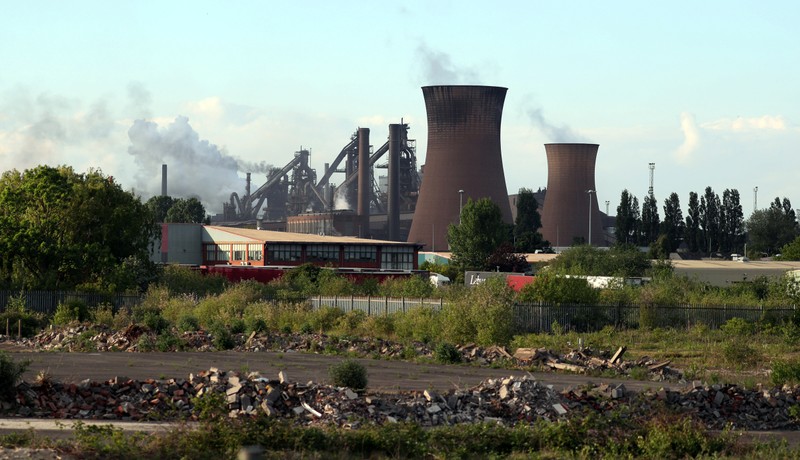
James Bullard
David Orrell | CNBC
St. Louis Federal Reserve President James Bullard expressed optimism that the United States and China will reach a deal to end their trade war, despite recent negotiating setbacks.
“My base case continues to be that we’ll get an agreement on trade,” Bullard, a voting member on the central bank’s policymaking Federal Open Market Committee this year, said Wednesday in an address at the Foreign Correspondents’ Club in Hong Kong.
“I think it’s good for both China and the U.S.,” he added.
Bullard also said that China should accept U.S. demands in the trade talks in order to attract more foreign capital, saying the country would stand to reap enormous benefits.
“They will establish credibility on trade inside China and will reassure foreign investors that they can invest in China and be treated appropriately,” he said in response to questions from the audience.
“And really good things would probably happen for the Chinese economy going forward,” he said.
He added that on a macroeconomic level, China should agree to everything that’s being asked of it by the U.S. “If that occurs I would see blue skies ahead for the Chinese economy,” he stated.
Risk of tariffs lingering
However, he cautioned that there is a risk of tariffs lingering, which could eventually be something the Fed would need to address.
“I would say If we’re going to see major trade barriers stay in place, they would have to at least be in place for six months before you’d start really worrying about it from a monetary policy perspective,” he said.
“It’s natural in a negotiating framework that you would see a lot of maneuvering right before an agreement is reached and I’m hopeful that that’s what we’re observing right now,” he added.
“But if it did deteriorate into permanent trade barriers that would be something that the committee would have to consider and adjust to,” he said, referring to the FOMC. “But that would be down the road if that occurred.”
The inability of the United States and China to conclude their trade conflict — now more than a year old — has stoked fresh worries about the global economy. President Donald Trump earlier this month increased tariffs from 10% to 25% on $200 billion worth of Chinese goods, with Beijing retaliating. Trump has threatened further action, which Morgan Stanley said could cause a global recession.
‘Patient’ approach
Chinese authorities have been stimulating their economy through steps such as increasing lending to the private sector to combat the negative effects on growth from the trade war. China’s economy expanded 6.4% in the first quarter, a better-than-expected result. Chinese GDP (gross domestic product) grew 6.6% in 2018, the worst result since 1990.
The U.S. economy, meanwhile, expanded 3.2% in the first quarter of this year, beating expectations and recording the best start to a year since 2015. The closely-watched nonfarm payrolls came in at 263,000 new hires in April, while the unemployment rate fell to 3.6% in the same month, the lowest figure since December 1969.
The Fed is currently taking what officials call a “patient” approach to monetary policy after halting a series of interest rate increases after financial market turmoil late last year.

